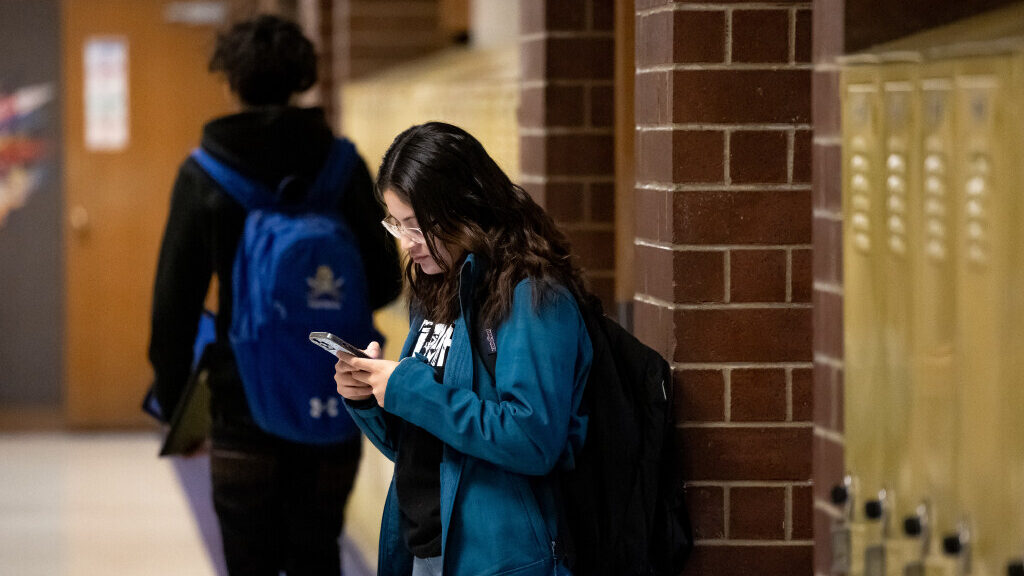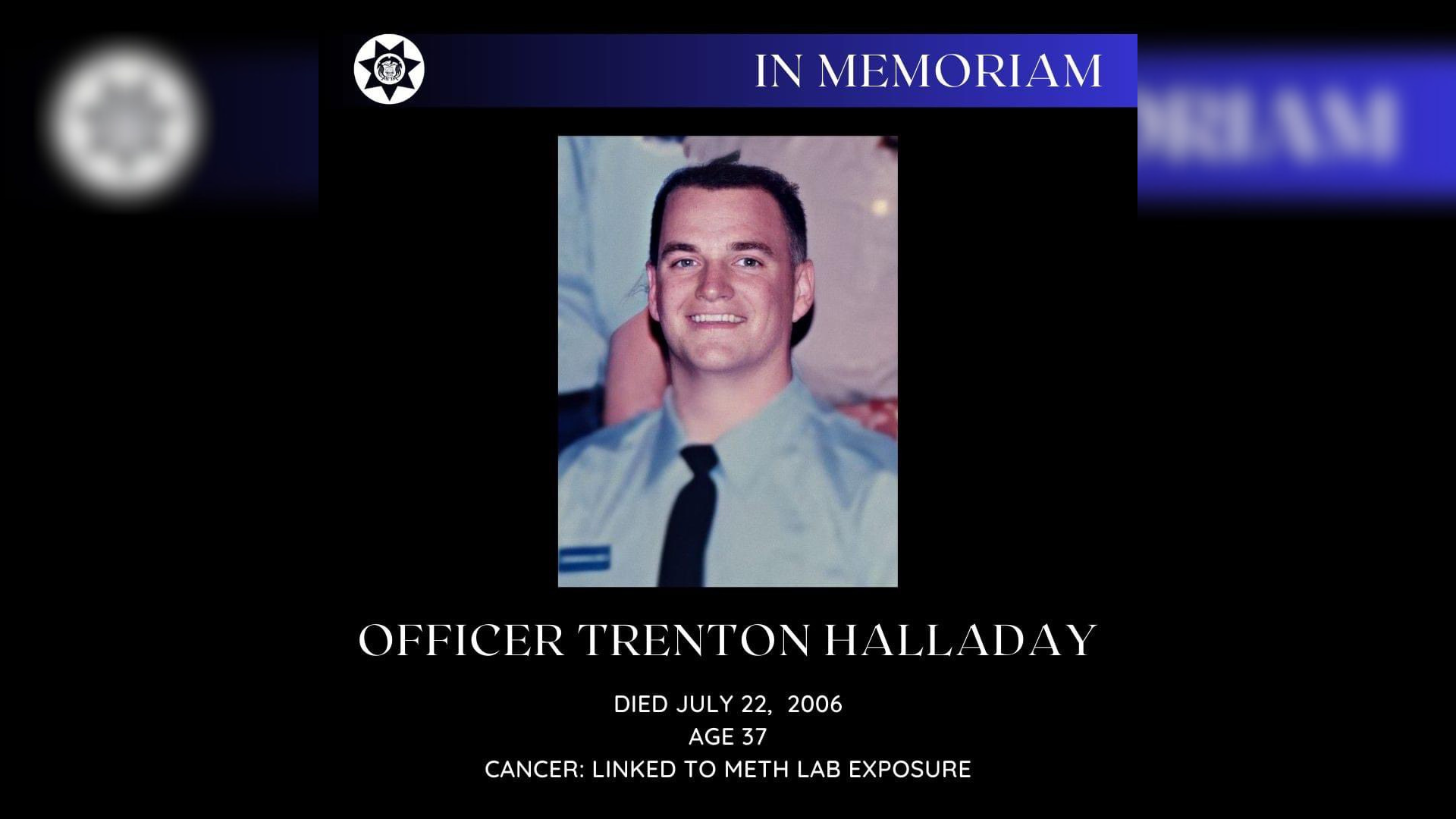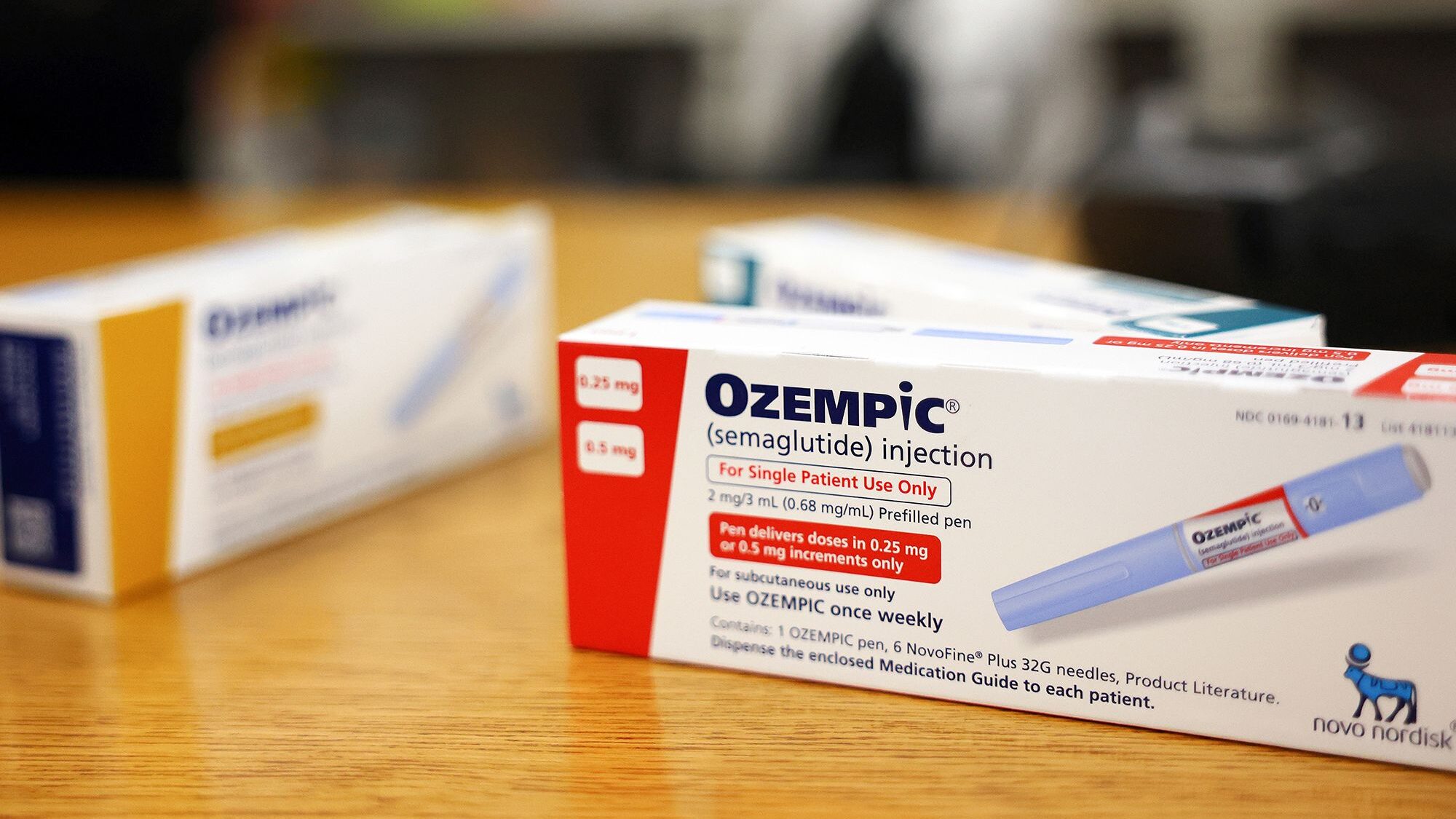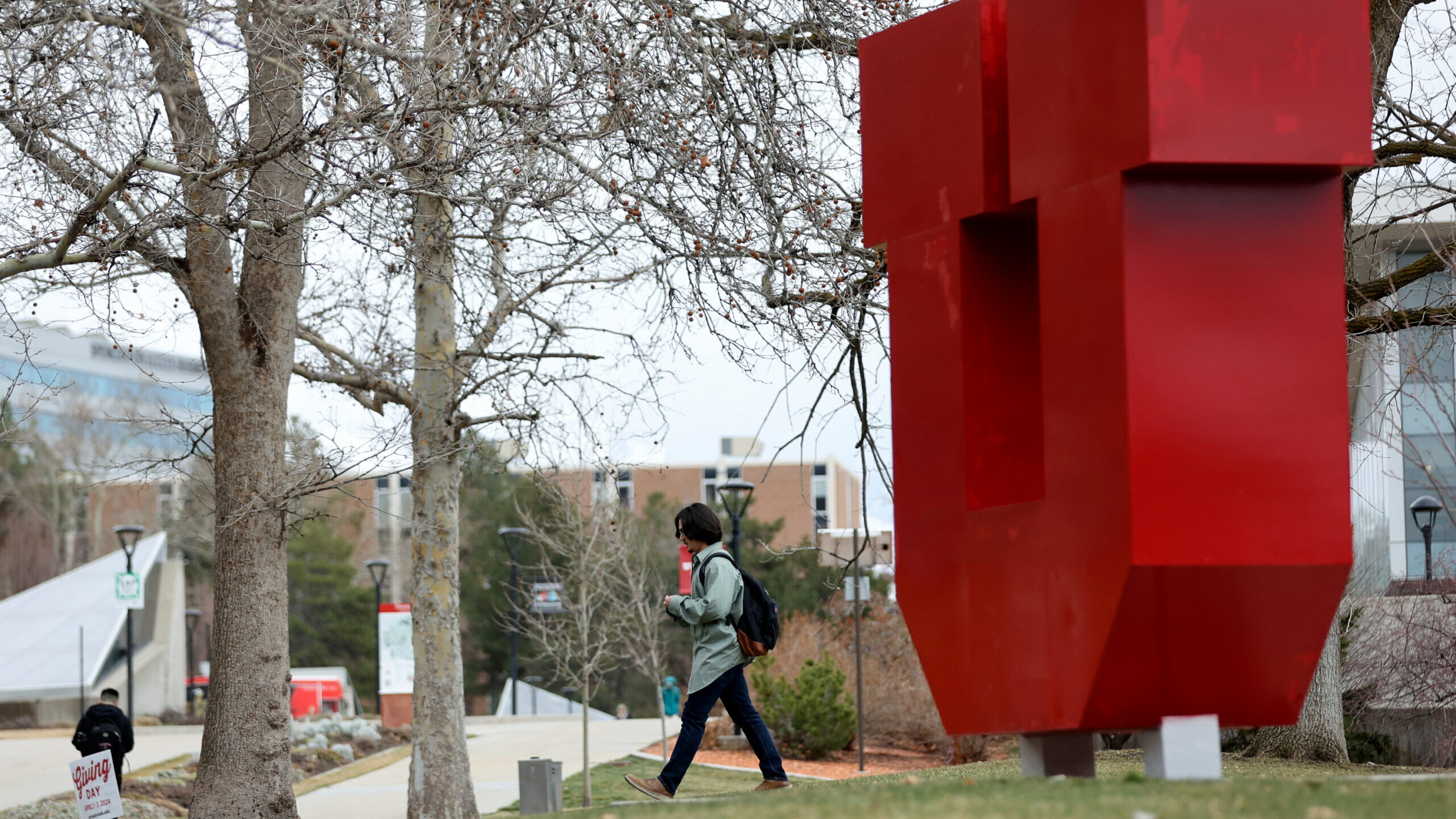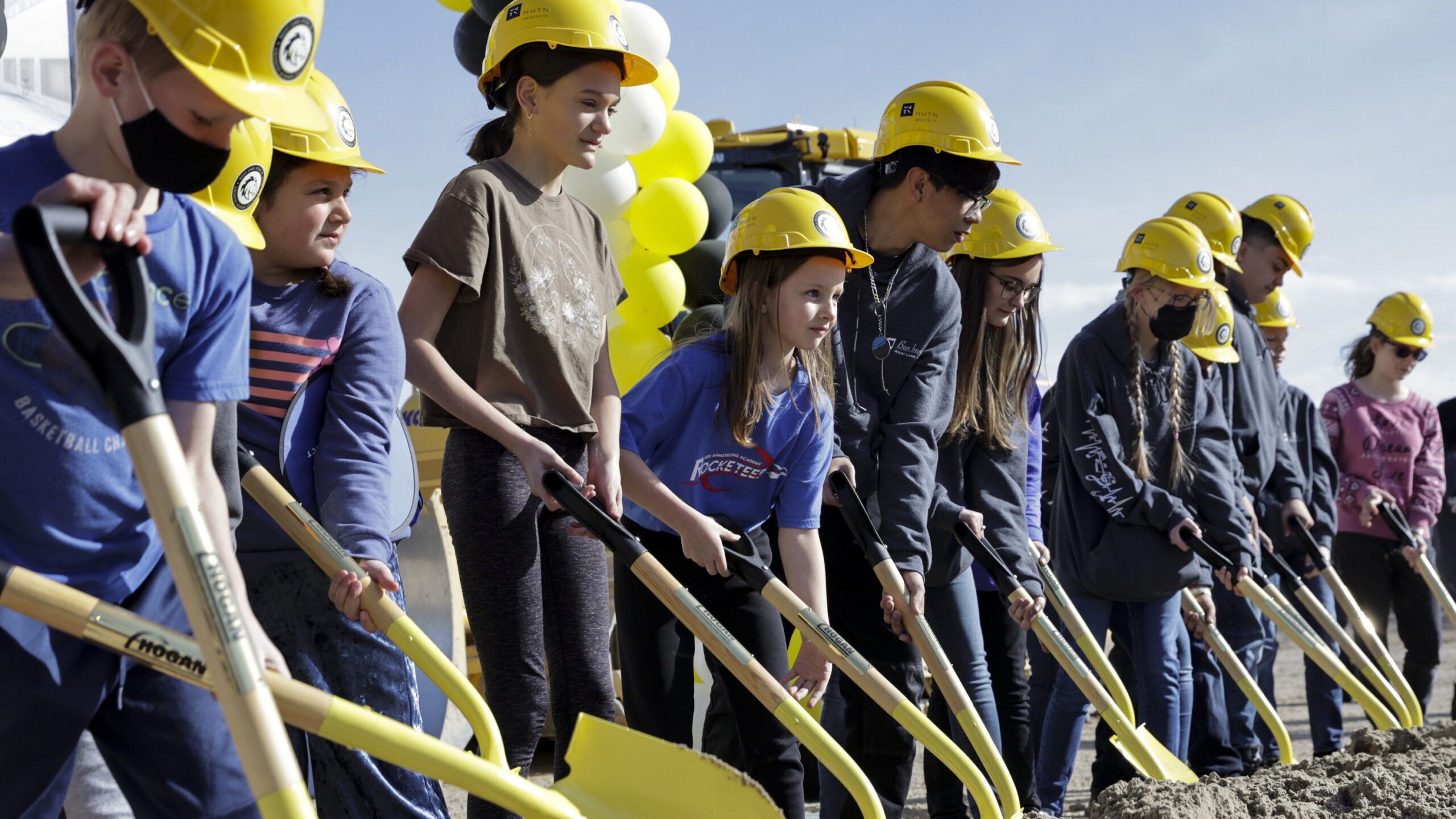Lawmakers respond to KSL 5 TV story that called for the return of mandatory vehicle safety inspections
Feb 25, 2019, 3:07 PM | Updated: 3:11 pm
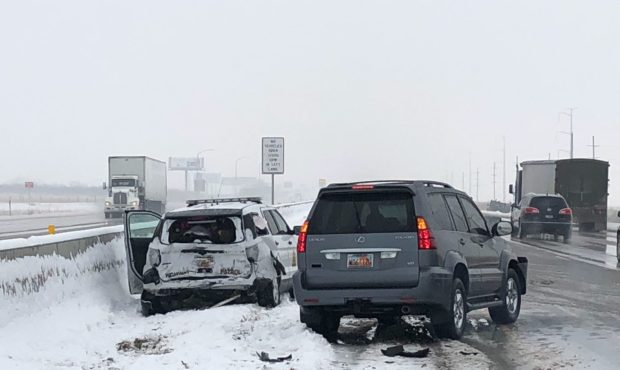
Since mandatory vehicle safety inspections were repealed, a KSL 5 TV report says, safety ticket violations have skyrocketed. But the lawmakers who supported the bill, say that fact doesn't tell the whole story. (Photo: Utah Highway Patrol)
(Photo: Utah Highway Patrol)
A KSL 5 TV investigative report into the effects of mandatory vehicle safety inspections has ruffled feathers up on Capitol Hill, with lawmakers and lobbyists saying that it left out their side of the story.
The report called for the return of the mandatory inspections, pointing primarily to a 43 percent increase in the number of safety violation tickets handed out by Utah Highway Patrol officers since the law was repealed.
Some of the lawmakers and lobbyists who pushed the bill in 2017 felt that the investigative piece left out key details about why mandatory vehicle safety inspections were eliminated in the first place.
In the interest of showing both sides of every story, KSL Newsradio’s Dave & Dujanovic invited some of those dissenting voices onto their show to share their responses to the report.
Utah Highway Patrol’s Col. Mike Rapich, Libertas Institute’s Connor Boyack, Sen. Todd Weiler, and Rep. Dan McCay all called in to explain their take on the story.
KSL TV’s investigative report
KSL Investigates original report, which was hosted by Debbie Dujanovic, got its spark of inspiration when producer Mark Stevens noticed that the Utah Highway Patrol’s twitter account was tweeting more and more posts that blamed crashes on bald tires.
“I’ve seen UHP actually do safety advocacy,” Stevens says, “but to see them actually out vehicle equipment – I was thinking, ‘Well, what’s going on?”
On I-15 NB at 7400 S we have a multi-car crash blocking 4 lanes caused by a truck with bald tires! Fortunately, there are no injuries. However, that wasn’t the case the other day when a truck with bald tires lost control on US Highway 40 and took the life of an innocent person. pic.twitter.com/DTwl8gkpxb
— Utah Highway Patrol (@UTHighwayPatrol) January 12, 2019
Stevens started looking into what had changed. He says that, when he discovered the 43 percent bump in the number of safety violations tickets handed out by the UHP, he knew he had a story worth telling.
He and his team contacted UHP Lt. Col Mark Zesiger, who confirmed that, since the law was repealed, the UHP has seen “an increase in the number of vehicles that are either crashing, slide-offs, or they’re having a hard time getting up the ramp.”
Mechanics joined the conversation, as well, sharing horror stories about customers who were unable to tell that their tire treads were thread thin and shared videos and photos of some of the most dangerous vehicles that have rolled into their shops.
“This is why we need state inspections… and it’s not even in here to get that fixed.”–Mechanic pic.twitter.com/hdUe4XhHor
— Dave and Dujanovic (@D2KSL) February 25, 2019
The KSL Investigates teams also learned that, though $2.6 million was allocated toward the UHP with instructions to use the money to hire more staff, the UHP had yet to increase the number of troopers on their force.
Instead, it had just increased the number of tickets handed out; tickets that, Steven says, can result in hefty penalties that the safety inspections didn’t carry.
“You [can] get a warrant for your arrest,” Stevens says, explaining what would happen if someone didn’t pay their ticket. “Seems pretty excessive for what could be a potential headlight out.”
Utah Highway Patrol’s increased role in vehicle safety
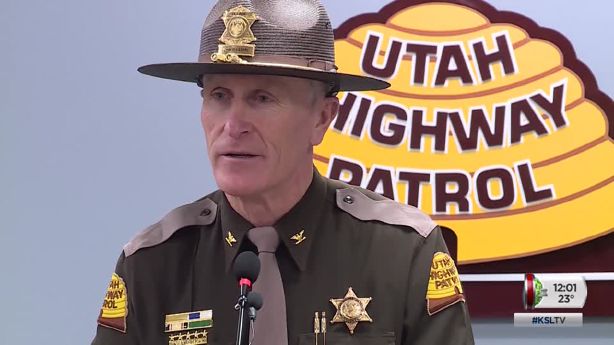
Col. Mike Rapich says that the UHP was asked to play a bigger role in getting dangerous vehicles off the roads. (Photo: KSL TV)
According to UHP Col. Mike Rapich, however, that spark of inspiration – the increased number of UHP tweets talking about bald tired damage – isn’t just a coincidence. It’s a deliberate decision made by the department.
“We’re highlighting crashing contributors,” Rapich explained. The tweets Stevens saw, he says, are part of what he calls the departments’ “aggressive public outreach campaign” to keep people conscious of the safety failures that could cause accidents.
“[We’re] making sure we’ve got that in people’s minds,” Rapich says. “You have to have good tires, you have to have your glass in place, your lights need to work correctly.”
The bill that eliminated mandatory public safety inspections, Rapich explained, replaced those inspections with an enforcement-based platform that asked the UHP to crack down on unsafe vehicles on Utah’s highways.
That new bill, Rapich confirmed, did allocate $2.6 million per year toward the UHP. However, he says that it didn’t require them to use the money to hire new staff.
As the department had hired an abnormally large number of people the year before, Rapich says, the UHP decided to put the money toward making sure that the officers had the safety inspection equipment they needed to complete their new role instead.
Sen. Todd Weiler argued that the fact that the UHP was asked to enforce safety violations is a key point. Their increase in safety violation tickets, he says, doesn’t mean that there are actually more dangerous vehicles on our roads.
“The reason that the citations has gone up is because that’s what we asked UHP to do,” Weiler says. ”We asked them to up the enforcement to people who are breaking the law.”
Weiler and McCay alike both took that a step forward and claimed that, because of UHP’s increased attention to vehicle safety issues, Utah’s roads have actually become safer since mandatory vehicle safety inspections were eliminated.
Weiler, apparently contradicting Lt. Col Mark Zesiger’s statement on KSL TV, said that the number of equipment failure accidents has actually gone down since safety inspections were repealed.
KSL Newsradio has asked UHP to confirm this claim. At this time, we are still waiting on the response.
The effects of mandatory vehicle safety inspections
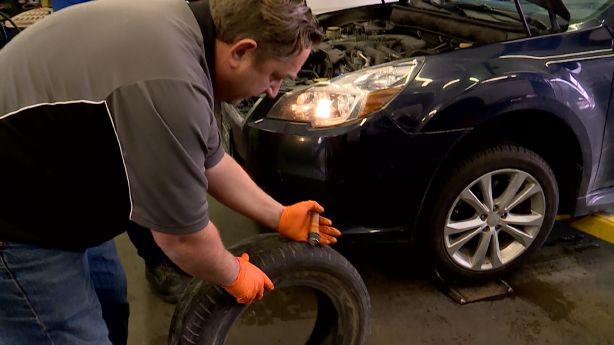
Mechanics work on a car at Matson Auto & Marine Service in Riverton, Utah, Thursday, Feb. 21, 2019. (Photo: KSL TV)
“There was a lot of conversation and a lot of data that went into [the mandatory vehicle safety inspection repeal],” Connor Boyack of the Libertas Institute, who worked on the bill, says. “That was omitted from that report.”
One of the key arguments that persuaded lawmakers to get rid of the mandatory inspections, Boyack says, was a study by a group Brigham Young University students, who showed that, in other states that have repealed safety inspections, there has been no statistically significant increase in vehicle safety-related accidents.
“90 percent of these crashes we see on the road are not due to the vehicle,” Boyack says. “They’re due to driver error.”
35 states have repealed the law so far, Weiler pointed out, and not a single one of those states have brought them back.
“People in other states are doing the same job maintaining their cars as we are that don’t have a safety inspection,” McCay told Dave & Dujanovic, throwing his support behind that argument. “What that tells you is there is no need for a safety inspection.”
Without any proof that the law was making a difference, Boyack says: “There really was no justification to continue the program.”
The debate over mandatory vehicle safety inspections, McCay says, is nothing new. He says that it first started in the 1940s, and that it took decades for states to actually start repealing these laws.
The increased number of safety violation tickets uncovered by KSL 5 TV, he believes, isn’t enough to prove that our states needs to bring the inspections back.
“If, after we’ve done this for 10 years, we see fatalities increase significantly as a result of vehicle failure, then absolutely, I think we ought to look at it,” McCay says. “But … it should take years and years of data analysis for us to come back to that conclusion.”
The bill that repealed the inspections, McCay says, was a good law. He suggested, however, that the good it has done would never get as much attention as the bad, quipping: “Good policy doesn’t make good stories.”
More to the story
The debate over mandatory vehicle safety inspections, McCay says, has an almost religious fervor to it.
He and Dave & Dujanovic’s other guests added depth and insight to the discussion. If you missed the show live, you can still hear the full debate and get a deeper understanding of the issue by listening to the Dave & Dujanovic podcast.
Dave & Dujanovic can be heard weekdays from 9 a.m. to noon on KSL Newsradio. Users can find the show on the KSL Newsradio website and app, as well as Apple Podcasts and Google Play.




